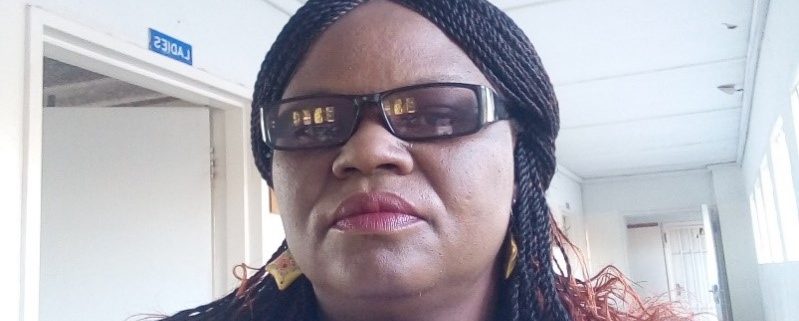Menstrual Hygiene and Girls’ Education – Forum for African Women Educationalists: FAWE
By Janerossa Mafovera
High School teacher, Zimbabwe
Menstruation refers to the discharging or flow of blood from the lining of the uterus through the vagina. Hygiene refers to conditions and practices that promote and preserve health. Therefore, menstrual health is having women or girls using clean material to absorb or collect menstrual blood and changing the materials when necessary. It also includes provision of soap and water to wash the body as required and access to facilities to dispose used menstrual material safely without shame.
Provision of sanitary wear in Zimbabwe has been a challenge, the reason being most of the sanitary wear is imported which makes it expensive and unaffordable for the general population. The shortage of sanitary wear has affected the girl child’s school attendance and performance. Due to lack of sanitary wear, some girls are forced to miss lessons during their menstrual periods. It also affects their concentration in class and they prefer not to engage in sporting activities. Some may even hesitate to stand in front of the class for fear of staining their uniforms.
Poor protection and inadequate washing may increase susceptibility to infection. Most public schools lack running water and this makes it difficult for girls who may need to wash their soiled uniforms sometimes forcing the student to go home before dismissal time. This causes them to miss out on some lessons.
Shortage of water is also a challenge in most urban areas in Zimbabwe. As a result, most girls are forced to use water from alternative sources which may be contaminated which may lead to vaginal infections.
The odour of menstrual blood puts girls at risks of being stigmatized which affects them emotionally. Some teachers are not sensitive to the needs of girls who may need to visit the washrooms urgently. They instead insist that they (the girls) should wait until the lesson ends. Teasing from boys is also a major challenge that contributes to girls skipping school because they cannot withstand the humiliation.
Girls living with disabilities have more challenges when it comes to menstrual hygiene because most institutions do not have proper toilet facilities which puts them at high risk of infection. In rural areas, girls may use cloth from old clothes, and some even get to the extent of using cow dung covered in cloth, which is not safe; leaving them prone to infections. A number of organizations have been distributing sanitary wear in schools. However, they cannot meet the demand needed as they only cater for a selected group of girls. Therefore, stakeholders still have a lot of work to do regarding menstrual health and helping the Zimbabwean girl child in this aspect.




Leave a Reply
Want to join the discussion?Feel free to contribute!